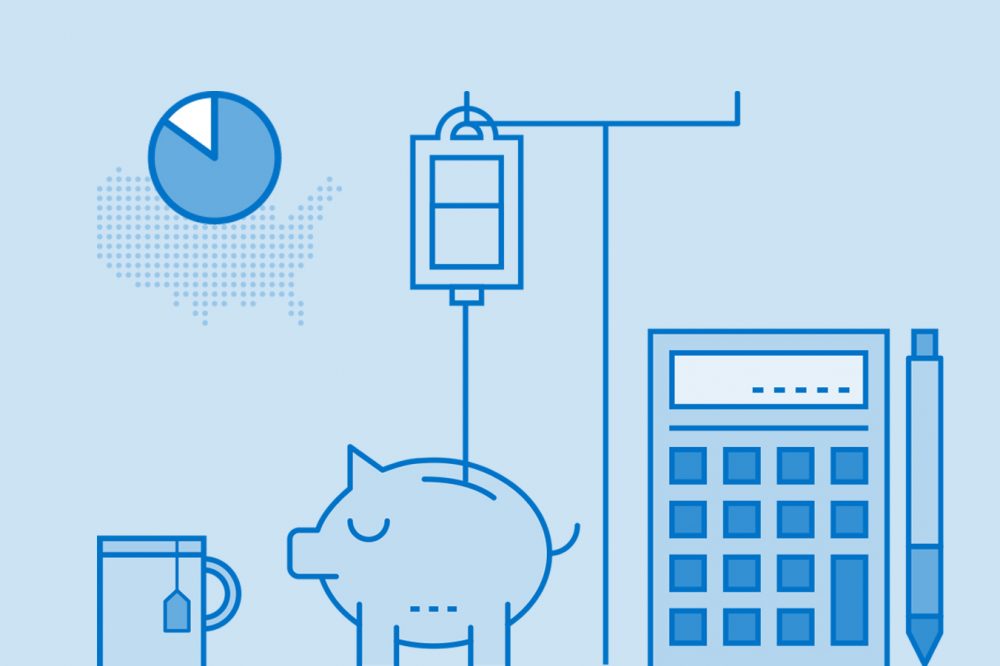Member Summit 2018
Over 175 attendees from over 138 Members joined us for the 2017 Member Summit. At this year’s Member Summit, we highlighted champions who share their strategies, approaches, and results — ultimately bringing together attendees for joint problem-solving.
3 Takeaways from EMERGE Workplace
The pandemic has made it clear that workplace benefits are evolving. As Harvard Business Review recently reported, the vast majority of leaders are planning to expand benefits as a result of the COVID-19. What should your organization be considering? We designed our inaugural EMERGE…
Will Financial Health Be the Next Transformation in Banking?
Today, many digital-only banking startups are focused on offering financial health-centric services. A shift toward advancing consumer financial health would be a positive for everyone.
Financial Health Solutions: Using Tax Refunds for Debt Repayment
As consumers around the world struggle to manage debt, learn about the impacts of digital initiatives on debt repayment during tax refund season.
Fintech Over 50: Designing for Low- to Moderate-Income Older Adults
Despite their widespread use of technology, many adults 50 and older find it challenging to handle day-to-day financial needs online. However, shifting financial management systems online has become critical for older generations that face the greatest health risks from COVID-19. Through qualitative, human-centered research, the Financial Health Network uncovered barriers that inhibit older adults’ adoption of fintech, such as negative stereotypes about their tech savviness and concerns about losing granular control over their finances. This report offers recommendations for fintech customer experience design that financial services innovators can use to overcome these barriers and join older adults as partners on their journey toward financial health.
Retronovation #3: Installments to Tame Credit Card Debt
Installment loans’ appeal, in comparison to credit cards, are the fixed terms — a year or two or three — and equal payment amounts that automatically commit a borrower to paying off the debt.
Introducing the 2019 Financial Health Leaders
The 2019 Financial Health Leaders designation offers selected organizations additional benefits including peer-learning opportunities through Financial Health Network’s Financial Health Leaders Working Group, a group of industry influencers from Financial Health Network.
Comment Letter: Reforming the Community Reinvestment Act Regulatory Framework
The Center for Financial Services Innovation submitted these comments to the Office of the Comptroller of the Currency in response to the Advance Notice of Proposed Rulemaking.
2018 Financial Health Leaders
The Financial Health Network’s Financial Health Leaders program recognizes members that are at the forefront of financial health measurement.
Case Study: Meeting the Needs of Underserved Consumers: Designing a Financial Package
The Financial Health Network Consulting Services worked with Prepare + Prosper to take their FAIR (Financial Access in Reach) initiative from a concept to an effective pilot.
Financial Health Leaders
The Financial Health Network’s Financial Health Leaders program recognizes members that are at the forefront of financial health measurement.
Financial Health at Work: A Prescription for Productivity
This infographic illustrates aspects and trends of employee financial health, from how financial stress at work hurts employee productivity to how investing in employee financial health is good for business.
Secured Credit Cards: Innovating at the Intersection of Savings and Credit
This paper takes an in-depth look at new consumer research on secured credit cards. In it, we explore how innovation in secured credit cards can help consumers build credit and savings at the same time.
Beyond Check-Cashing
Despite their gradual decline in use, checks remain prevalent, accounting for 33% of non-cash payments in the United States by face value.
The Rodriguez Family Household Profile: Extended Family Strives to Get Ahead
U.S. Financial Diaries: The Rodriguez family is a multigenerational household living in a small town near San Jose, California. Maria Rodriguez, 60 years old, lives with her husband Dean, 75; her mother, Regina, 83; and her two sons, Martin, 36, and Daniel, 34.
How Should We Serve the Short-Term Credit Needs of Low-Income Consumers?
Almost one-third of the 30 million U.S. households who are unbanked or underbanked borrow to pay for small-dollar, short-term needs.
The Impact of Innovation – Self-Help Learning Brief
Mainstream financial institutions have struggled to meet the needs of low-income families living paycheck to paycheck.
Employer-Based Collaboration: Lessons from Financially Fit Minnesota
A unique model for regional, employer-based collaboration to increase the usage of basic financial services has emerged recently in Minnesota, with relevant lessons for companies, communities, and advocates nationwide.












